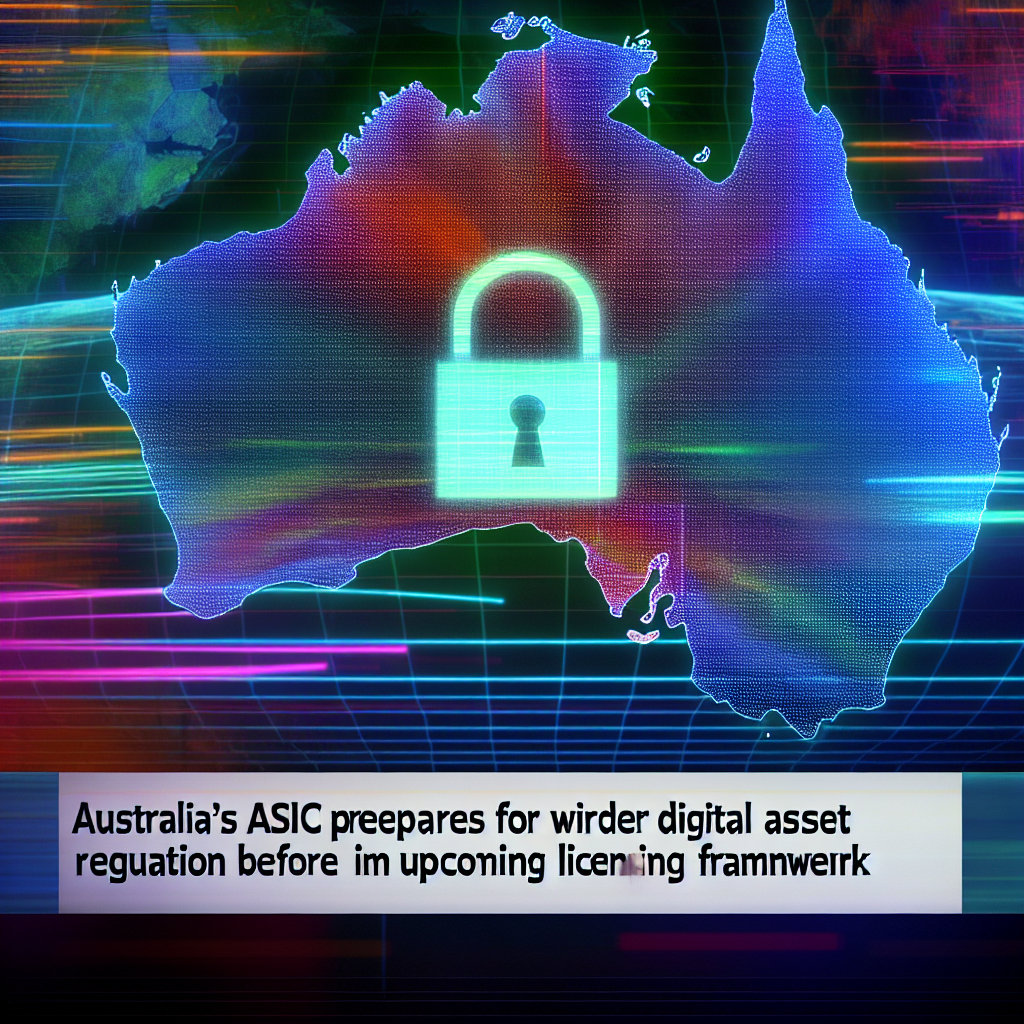
The markets regulator in Australia is intensifying its focus on digital assets, broadening the applicability of financial regulations to tokens, custody, and stablecoins as it moves towards implementing a new licensing framework.
This week, the Australian Securities and Investments Commission (ASIC) outlined its expectations for the sector, indicating that many digital assets already qualify as financial products according to the Corporations Act 2001.
The revised interpretation is included in ASIC’s updated Information Sheet 225, which expands its focus from “crypto assets” to “digital assets” and provides 13 practical examples outlining when tokens, staking programs, and tokenized products will need financial services licenses.
This regulatory shift coincides with the Treasury’s finalization of its Digital Asset Platforms and Payment Service Providers bills, aimed at establishing official licensing for exchanges, custodians, and certain stablecoin issuers. ASIC’s latest guidance effectively sets the stage for these new laws by underscoring that most crypto-related activities are already covered under the existing framework.
Among the new clarifications, ASIC notes that fiat-backed stablecoins could be treated as non-cash payment facilities, while wrapped tokens might be classified as derivatives—both requiring Australian Financial Services (AFS) licenses.
The commission reiterated that Australian legislation applies to offshore and decentralized entities marketed or sold to local consumers, cautioning that international platforms cannot evade regulatory oversight based on geographic limitations.
ASIC also highlighted new custodial requirements, mandating that firms holding client assets meet net tangible asset thresholds of up to 10 million Australian dollars (US$6.5 million), unless their custodial functions are considered incidental.
While ASIC is allowing a transitional “no-action” period for companies seeking the relevant licenses once the guidance is finalized, it emphasized that enforcement expectations are increasing.
This update builds on Australia’s active initiatives to align the crypto industry with its established financial services framework. As the Treasury’s legislative proposals approach introduction, ASIC’s position indicates that the country’s regulatory bodies are collaborating to formalize digital asset compliance.

